Did you know that the Malawian Kwacha is the only official currency accepted in Malawi? Unlike many destinations, U.S. dollars won’t work here, making it essential to understand the local currency and exchange rates before your trip.
Planning your travel finances wisely can save you time and money. Whether you’re using a travel card or carrying cash, knowing the best ways to manage your money ensures a smoother experience. This guide will help you navigate payment options, avoid hidden fees, and get the most value during your stay.
From comparing exchange rates to choosing the right payment methods, we’ve got you covered. Let’s dive in and make your trip hassle-free!
Understanding the Malawian Currency Landscape
Understanding the local currency is key to managing your finances effectively. The Malawian Kwacha is the sole official currency used in the country. It’s essential to familiarize yourself with it to avoid any payment hassles during your trip.
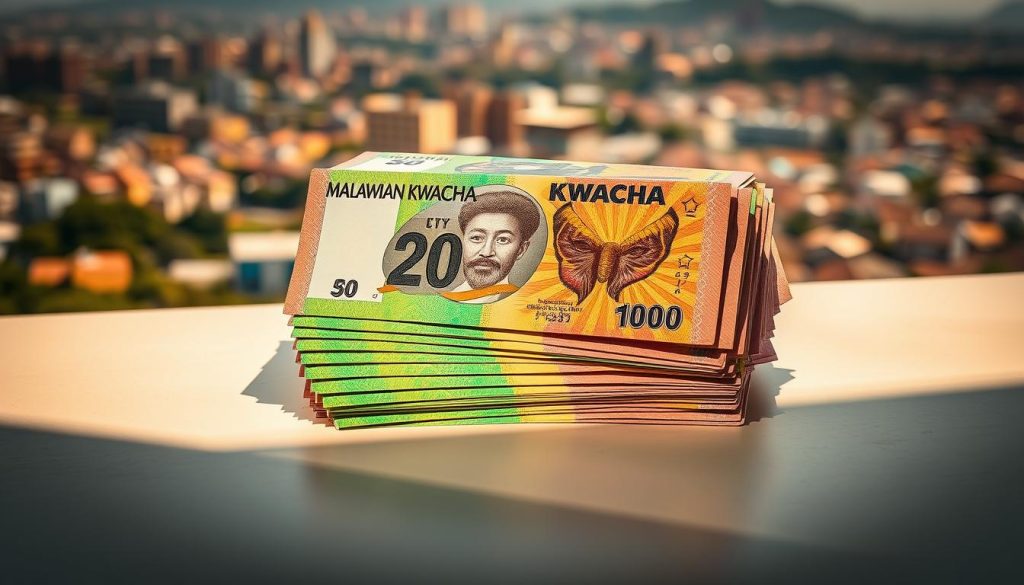
What is the Malawian Kwacha?
The Kwacha is the backbone of all transactions here. It’s available in both banknotes and coins, making it convenient for everyday use. From small purchases to tipping, having the right amount of cash ensures smooth interactions with local vendors.
Exchange Rate Essentials and Live Market Rates
The mid-market exchange rate is the benchmark for fair currency conversion. Banks and major services use it to set their rates. Checking live market rates helps you compare offers and get the best deal when exchanging money.
Cash is often necessary for smaller establishments and tipping. Reliable currency conversion sites can help you monitor rate fluctuations, ensuring you’re always informed. This way, you can plan your payments wisely and avoid unnecessary fees.
Preparing Your Finances Before Traveling
Planning your spending in advance ensures a smoother travel experience. Exchanging your currency before departure can lead to better rates and lower costs. This step is especially important if you want to avoid last-minute hassles during your trip.

Exchanging USD to MWK in Advance
Exchanging your money before you leave offers several advantages. You can secure a better rate compared to on-arrival options. Airports and hotels often charge higher fees, making at-home exchanges a smarter choice.
Here’s why it’s worth considering:
- You avoid the stress of finding a reliable provider upon arrival.
- You can compare rates from multiple providers to get the best deal.
- You’ll have local currency ready for immediate use.
Comparing At-Home and On-Arrival Rates
Exchanging money at home usually provides more competitive rates. On-arrival options, like airport kiosks, often mark up prices significantly. For example, the current exchange rate is 1 USD = 1,729.76 MWK, but airport providers may offer less favorable rates.
Here’s a quick comparison:
| Option | Pros | Cons |
|---|---|---|
| At-Home Exchange | Better rates, lower fees | Requires planning in advance |
| On-Arrival Exchange | Convenient | Higher fees, less favorable rates |
Choosing the right provider is key. Look for trusted services with transparent fees. Planning your currency exchange in advance simplifies your financial management and ensures you’re ready for your trip.
Payment Options in Malawi: Cards and Cash
When it comes to managing your finances abroad, knowing your payment options is crucial. Balancing the use of credit cards and cash ensures convenience and security during your trip. Here’s a practical guide to help you navigate your choices.
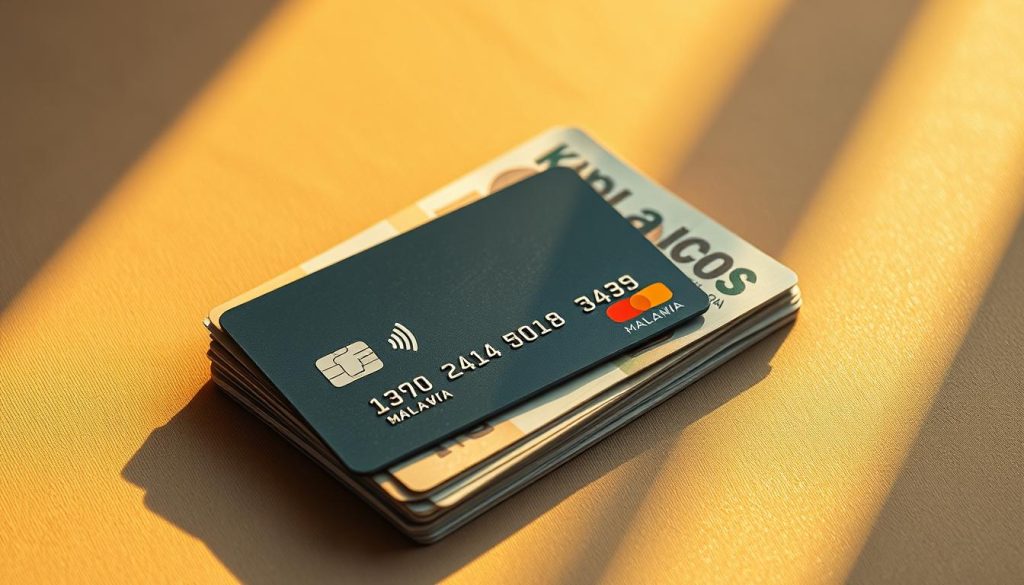
Using Travel Debit and Credit Cards
Travel cards like those from Wise or Revolut are excellent for card payments in urban areas. They offer low fees and competitive exchange rates, making them ideal for transactions at hotels and restaurants. Here’s why they’re a smart choice:
- They support multiple currencies, reducing conversion fees.
- They provide mid-market exchange rates, ensuring fair pricing.
- They’re widely accepted in urban centers for larger purchases.
The Importance of Carrying Local Cash
While credit cards are convenient, many places prefer cash transactions. Small vendors, markets, and tips often require local currency. Here’s how to balance your payment methods:
- Use cards for higher-value transactions at hotels or restaurants.
- Carry cash for smaller purchases and tipping.
- Withdraw cash from ATMs to avoid high exchange fees at airports.
Here’s a quick comparison of when to use cards versus cash:
| Scenario | Recommended Payment Method |
|---|---|
| Hotel bookings | Credit card |
| Restaurant bills | Credit card or cash |
| Small purchases | Cash |
| Tipping | Cash |
By following this guide, you can ensure a seamless payment experience. Whether you’re dining at a restaurant or shopping at a local market, knowing when to use card payments or cash will save you time and money.
Avoiding Common Pitfalls in Currency Exchange
Navigating currency exchange can be tricky, but avoiding common mistakes ensures you get the best value. Being a savvy traveller means planning your transfers carefully and staying informed about potential risks.
Steering Clear of Airport and Hotel Providers
Exchanging money at airports or hotels might seem convenient, but it often comes with high fees and unfavorable rates. These providers typically mark up prices significantly, leaving you with less local currency than you expected.
For example, the mid-market rate might be 1 USD = 1,729.76 MWK, but airport kiosks could offer much less. To avoid this, exchange your money before your arrival or use ATMs for better rates.
Recognizing Dynamic Currency Conversion Risks
Dynamic currency conversion (DCC) is another common pitfall. This occurs when a merchant offers to charge you in your home currency instead of the local one. While it might seem helpful, DCC often includes hidden fees and poor exchange rates.
Always ask to be charged in the local currency to avoid these extra costs. If you’re unsure, check your receipt to ensure the transaction was processed in MWK. This simple tip can save you money during your trip.
Here’s a quick guide to avoiding these pitfalls:
- Avoid airport and hotel currency exchanges due to high fees.
- Decline dynamic currency conversion offers at checkout.
- Use ATMs or exchange money before your arrival for better rates.
- Always ask for transactions to be processed in the local currency.
By following these steps, you can ensure a smoother financial experience during your travels. Remember, being prepared and informed is the best way to maximize your spending power.
Malawi: Ultimate Travelers Guide to Currencies & Payments
Staying updated on currency exchange rates can significantly impact your travel budget. With the right tools, you can plan your spending every day and make sure you get the best value for your money. Let’s explore how to stay ahead of the game.
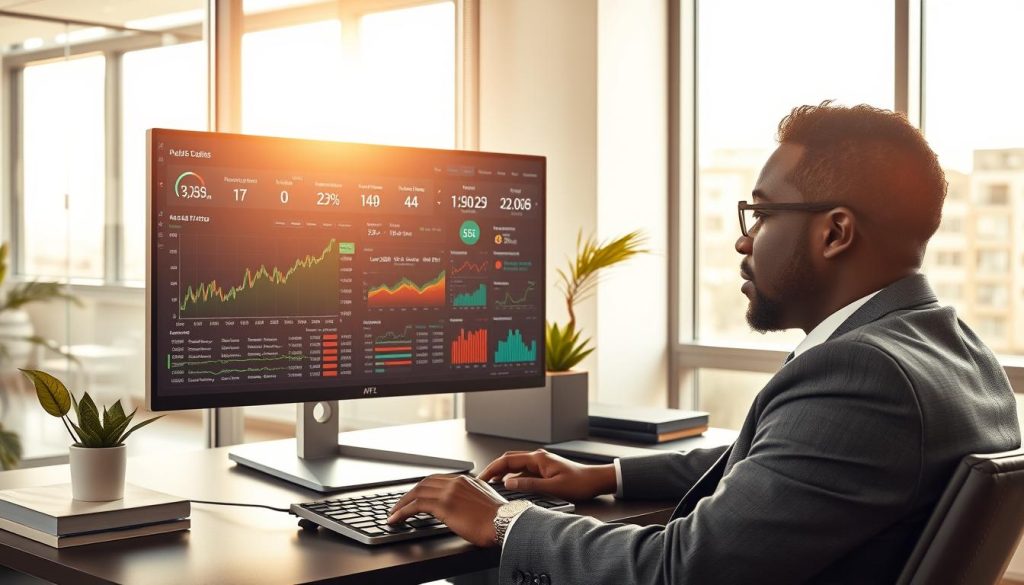
Mobile Apps and Online Tools
Your phone is a powerful tool for tracking live exchange rates. Apps like XE Currency and Revolut provide real-time updates, helping you monitor the USD/MWK rate effortlessly. These tools are user-friendly and offer features like rate alerts, so you never miss a favorable moment to exchange your foreign currency.
Planning Your Currency Conversion Strategy
To make sure you get the best rate, plan your conversions in advance. Check rates daily and compare them with local providers. This approach ensures you’re always informed and ready to act when the rate is in your favor.
Daily Rate Fluctuations
Exchange rates can change multiple times a day. Keeping an eye on these fluctuations helps you decide the best moment to convert your money. For example, if the rate spikes in the morning, it might be the perfect time to exchange your foreign currency.
Practical Tips for Using Your Phone
Here’s how to use your phone effectively for rate tracking:
- Download reliable currency apps like XE or Wise.
- Set up rate alerts to notify you of significant changes.
- Compare rates with local providers before making an exchange.
By understanding foreign currency trends, you can optimize your spending and make sure your trip is financially stress-free. With these tools and tips, you’ll be well-prepared to handle your money wisely.
Navigating ATMs and Mobile Payment Solutions
Managing your money efficiently while traveling involves knowing the best ways to access cash and use digital payments. In many urban areas, ATMs are widely available, but mobile payment platforms are becoming a popular alternative. Here’s how you can make the most of both options.
Accessing ATMs Safely in Urban Areas
ATMs are a convenient way to withdraw cash in cities. However, it’s important to use them wisely. Always choose ATMs located in secure areas, such as inside banks or shopping centers. Avoid standalone machines in poorly lit or isolated locations.
Here are some best practices for using ATMs:
- Check for skimming devices before inserting your card.
- Use ATMs during daylight hours or in well-lit, busy areas.
- Cover the keypad when entering your PIN to prevent theft.
By following these tips, you can ensure a safe and hassle-free experience when accessing cash in urban areas.
Leveraging Mobile Payment Platforms and Apps
Mobile payment platforms offer a secure and efficient way to manage your funds while traveling. Apps like M-Pesa and Airtel Money are widely used in many destinations, allowing you to make transactions without carrying cash.
Here’s why mobile payments are a great option:
- They eliminate the need to carry large amounts of cash.
- Transactions are quick and can be done from your phone.
- Many apps offer multi-currency accounts, making it easier to manage your money.
When choosing a mobile payment service, look for one with a strong reputation and secure transaction features. This way, you can enjoy peace of mind while managing your finances on the go.
Having multiple payment methods ensures you’re prepared for any situation. Whether you’re in a bustling city center or a quieter destination, combining cash and mobile payments gives you flexibility and security.
Staying Compliant: Legal and Safety Considerations
Ensuring compliance with local laws is essential for a smooth and stress-free travel experience. As a tourist, understanding visa regulations and payment laws can save you from unnecessary complications. This section will guide you through the key legal considerations to keep in mind during your trip.
Visa Regulations and Cautionary Legal Tips
Before traveling, check the visa requirements for your destination. For U.S. citizens, a visa is typically required for stays longer than 30 days. Overstaying your visa can lead to fines or even deportation, so plan your trip carefully.
Here are some cautionary tips to avoid legal issues:
- Always verify the duration of your visa and ensure it covers your entire stay.
- Keep a copy of your passport and visa with you at all times.
- If you encounter issues, contact the U.S. Embassy for assistance.
Real cases of visa infractions have been reported, highlighting the importance of staying informed. For example, some travelers have faced penalties for unintentional overstays due to unclear visa policies.
Understanding Local Payment and Exchange Laws
Local laws govern how you can use credit cards and exchange currency. In many places, businesses are required to accept electronic payments for transactions above a certain amount. This ensures transparency and reduces the risk of fraud.
Here’s a quick overview of local payment laws:
| Aspect | Details |
|---|---|
| Electronic Payments | Mandatory for businesses with high turnover. |
| Currency Exchange | Only use authorized providers to avoid scams. |
| Cash Transactions | Limit large cash payments to reduce risks. |
By following these guidelines, you can ensure your financial transactions are both legal and secure. Staying informed about local laws is as crucial as managing your money wisely.
Remember, compliance is key to enjoying your trip without any legal hassles. Whether it’s visa regulations or payment laws, being prepared ensures a seamless experience in any part of the world.
Conclusion
Planning your trip finances wisely ensures a smooth and enjoyable experience. Understanding the local currency and exchange rates before you travel is essential. Preparing your finances in advance and knowing the best payment methods can significantly improve your journey.
Modern tools like mobile apps for real-time monitoring and secure ATM transactions make managing your money easier. Avoid common pitfalls such as airport exchange facilities and dynamic currency conversion fees to save money.
By following these tips, you can make your trip both enjoyable and financially savvy. Use the information provided to plan ahead and enjoy a hassle-free adventure.
The above is subject to change.
Check back often to TRAVEL.COM for the latest travel tips and deals.
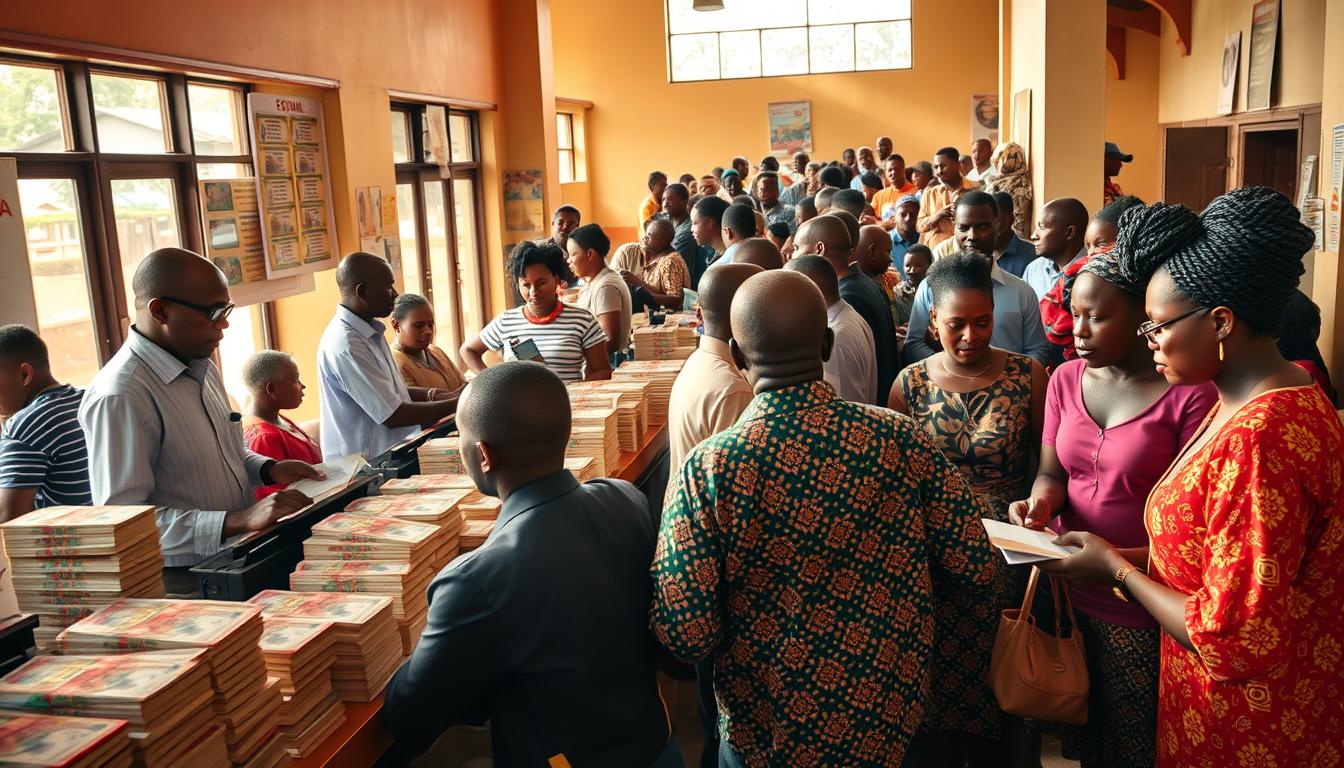

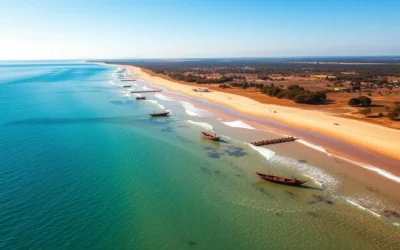
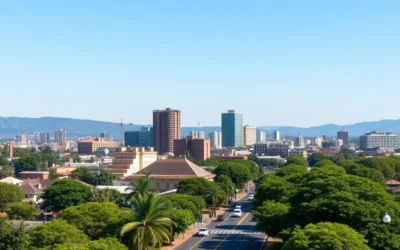


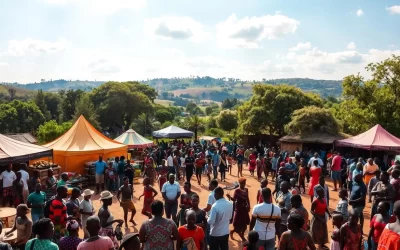
0 Comments